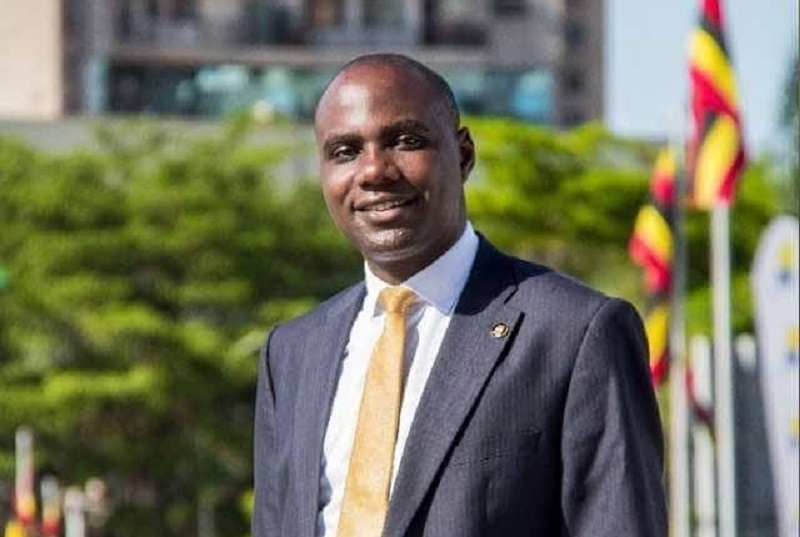I understand the Finance, Planning and Economic Development Committee which you chair, together with the Gender, Labour and Social Development Committee are spearheading the process to amend the NSSF law….
PARLIAMENT’S FINANCE COMMITTEE CHAIRMAN: The Amended NSSF Bill has nothing to do with Covid-19 but bears many mitigating proposals for qualifying savers Hon Henry Musaasizi, NRM, Rubanda County East Constituency, has chaired Parliament’s Finance, Planning and Economic Development Committee for the last 4 years a period in which he has presided over several important decisions on Uganda’s economy. One of those, is reforming Uganda’s National Social Security Fund, through the NSSF Amendment Bill. Recently, NSSF has been in the headlines over what role it can play for its members during the ongoing Covid-19 related financial difficulties. But at the centre of that possible role, lies the creation of supporting laws. We caught up with him on this major question of the day and a number of other issues.


